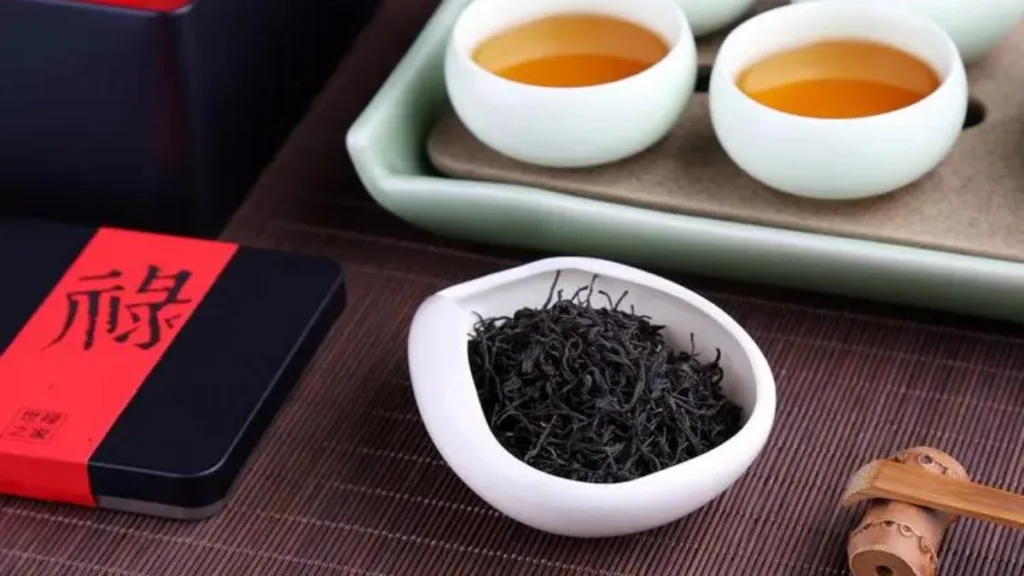Black tea, a popular beverage, often prompts questions about its impact on kidney health. Moderate consumption of black tea can indeed offer certain benefits to the kidneys, but it’s essential to be mindful of the quantity.
Black tea contains substances like caffeine and theaflavins. When consumed in moderation, these components can stimulate the central nervous system, providing effects such as increased alertness and relief from fatigue. Additionally, black tea contains a rich array of amino acids, catechins, theaflavins, and polysaccharides, contributing valuable nutrients to the body. In traditional Chinese medicine, black tea is recognized for its diuretic properties, and moderate consumption may improve kidney function to some extent, offering certain advantages to the kidneys.
However, it is crucial to avoid excessive and prolonged consumption of black tea. The presence of theaflavins and caffeine in significant amounts may lead to overstimulation of the central nervous system, resulting in symptoms like insomnia and vivid dreams. Moreover, excessive consumption may irritate the mucous membranes of the gastrointestinal tract, causing discomfort such as abdominal pain and diarrhea.
For individuals with compromised kidney function, maintaining a diet with mild flavors, rich in fresh fruits and vegetables, and avoiding spicy and irritating foods is advisable. Regular and balanced sleep patterns are also crucial, and periodic check-ups are recommended for those with impaired kidney function.
While black tea can play a supportive role in nourishing the kidneys and alleviating symptoms associated with kidney deficiency, it is important to note that severe cases of kidney deficiency cannot be solely addressed through black tea consumption. For individuals experiencing significant kidney deficiency, seeking professional medical advice and incorporating specialized treatments are essential for effective management and recovery.
Black tea is a common beverage with a warming nature, known for its ability to dispel cold and invigorate the stomach. When kidney deficiency manifests with symptoms such as soreness and weakness in the lower back and knees, consuming moderate amounts of black tea may contribute to kidney nourishment and enhance Yang energy, providing relief. However, it’s crucial to recognize that black tea is a beverage and not a substitute for medication. In cases of severe kidney deficiency, complementary treatments and professional medical interventions should be prioritized for optimal recovery.
It’s important to exercise moderation when drinking black tea. While it can assist in improving symptoms related to kidney deficiency, excessive consumption may lead to increased frequency of urination or heightened states of alertness, potentially disrupting sleep patterns. Therefore, maintaining a balanced approach to black tea consumption is recommended to avoid any adverse effects.
In conclusion, black tea can offer certain benefits to kidney health when consumed in moderation. Its diuretic properties and nutrient content make it a supportive beverage for overall well-being. However, it is essential to balance tea consumption with a healthy lifestyle, including a nutritious diet, proper sleep, and regular medical check-ups for individuals with kidney concerns.



